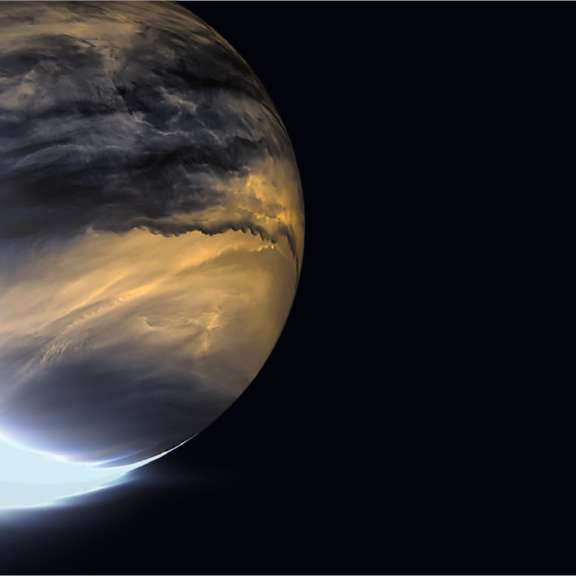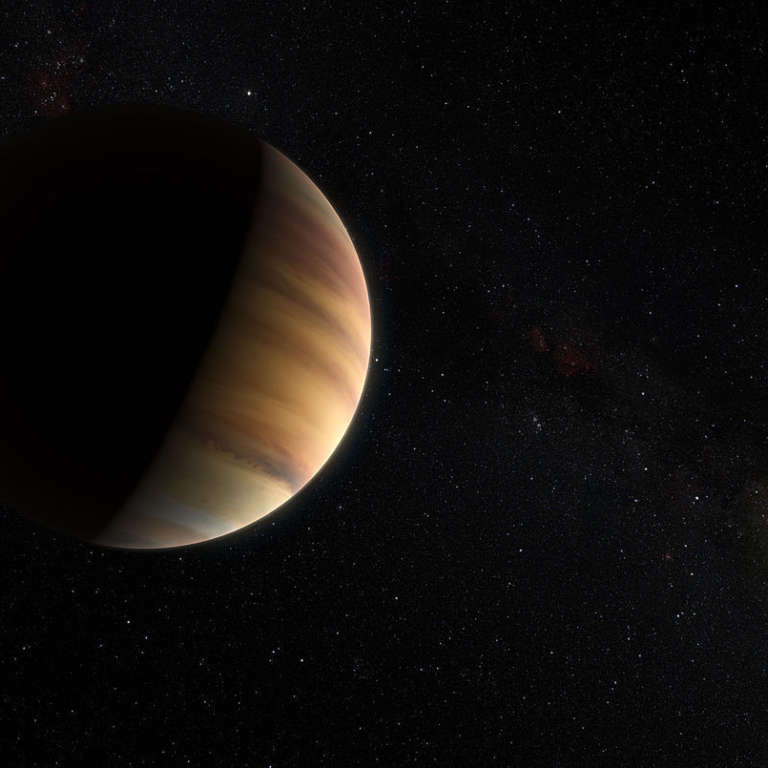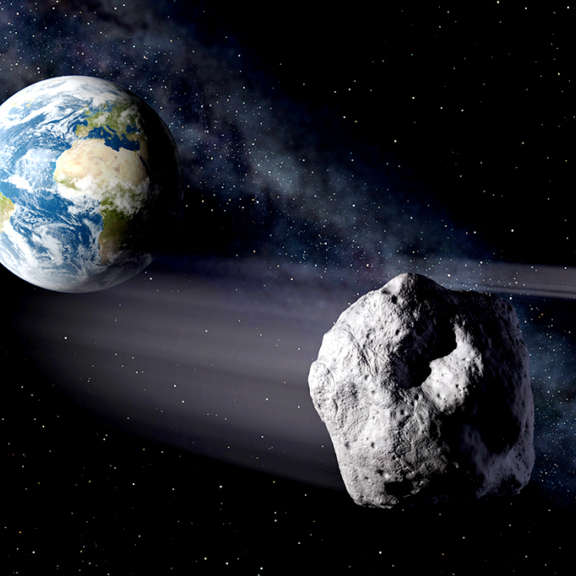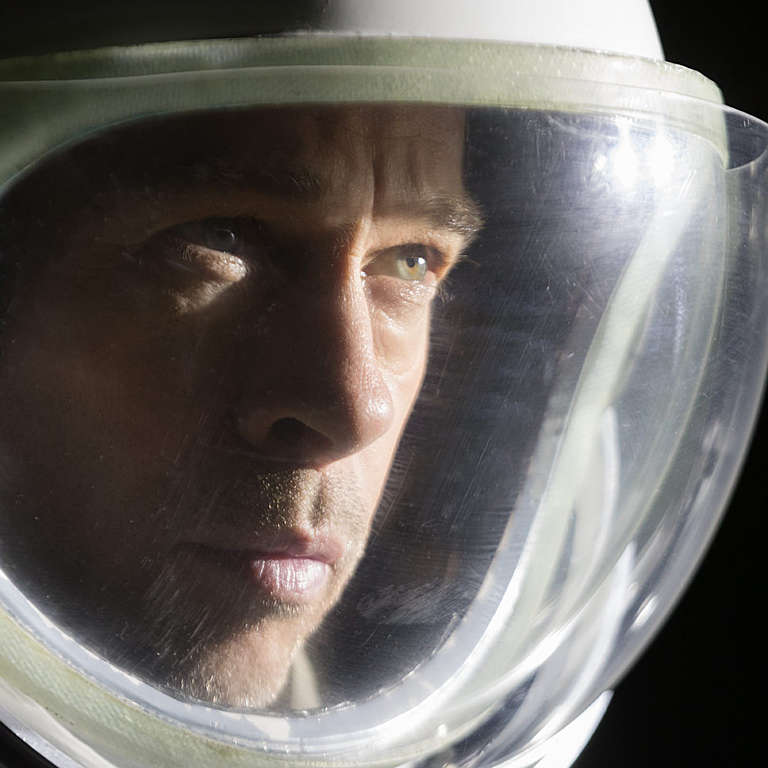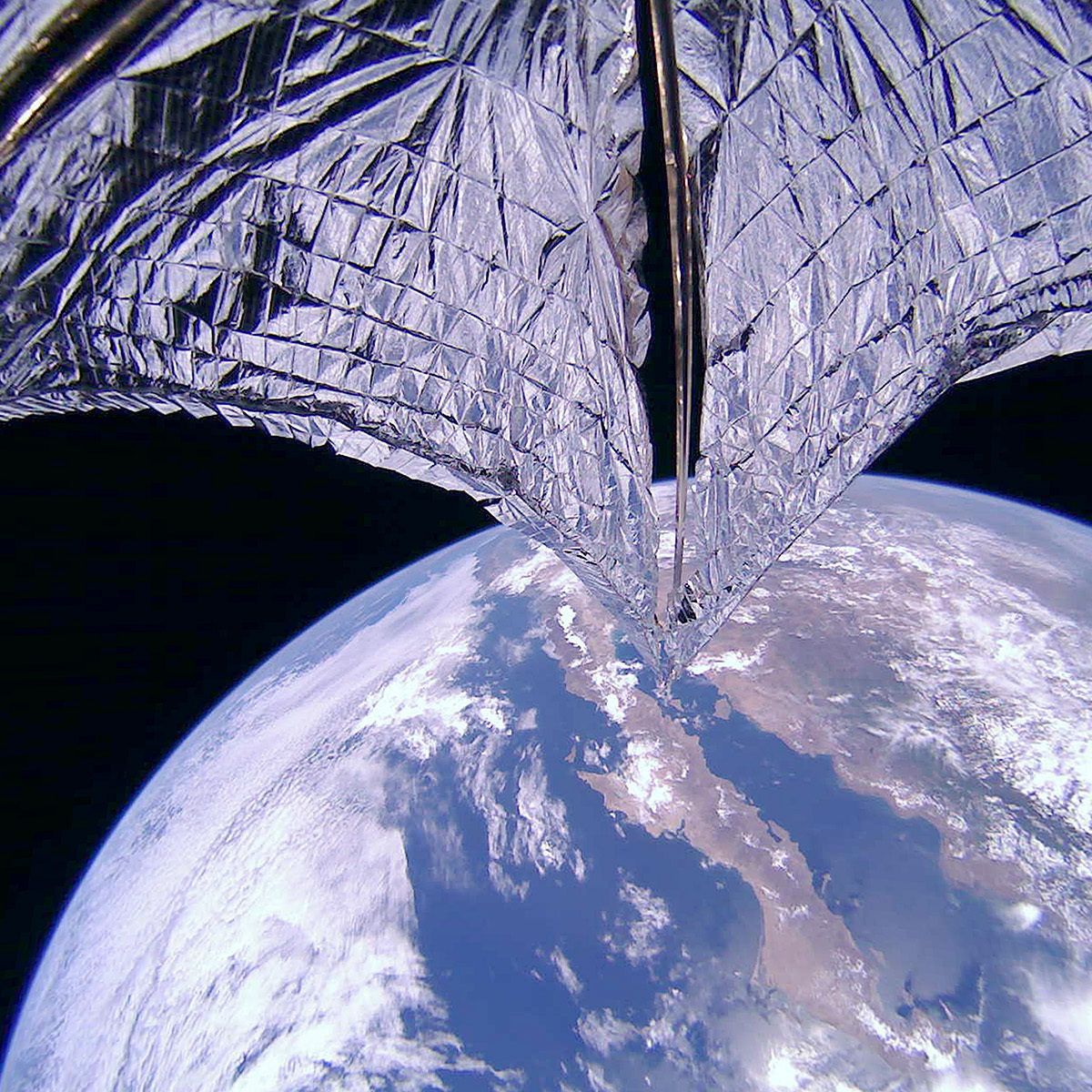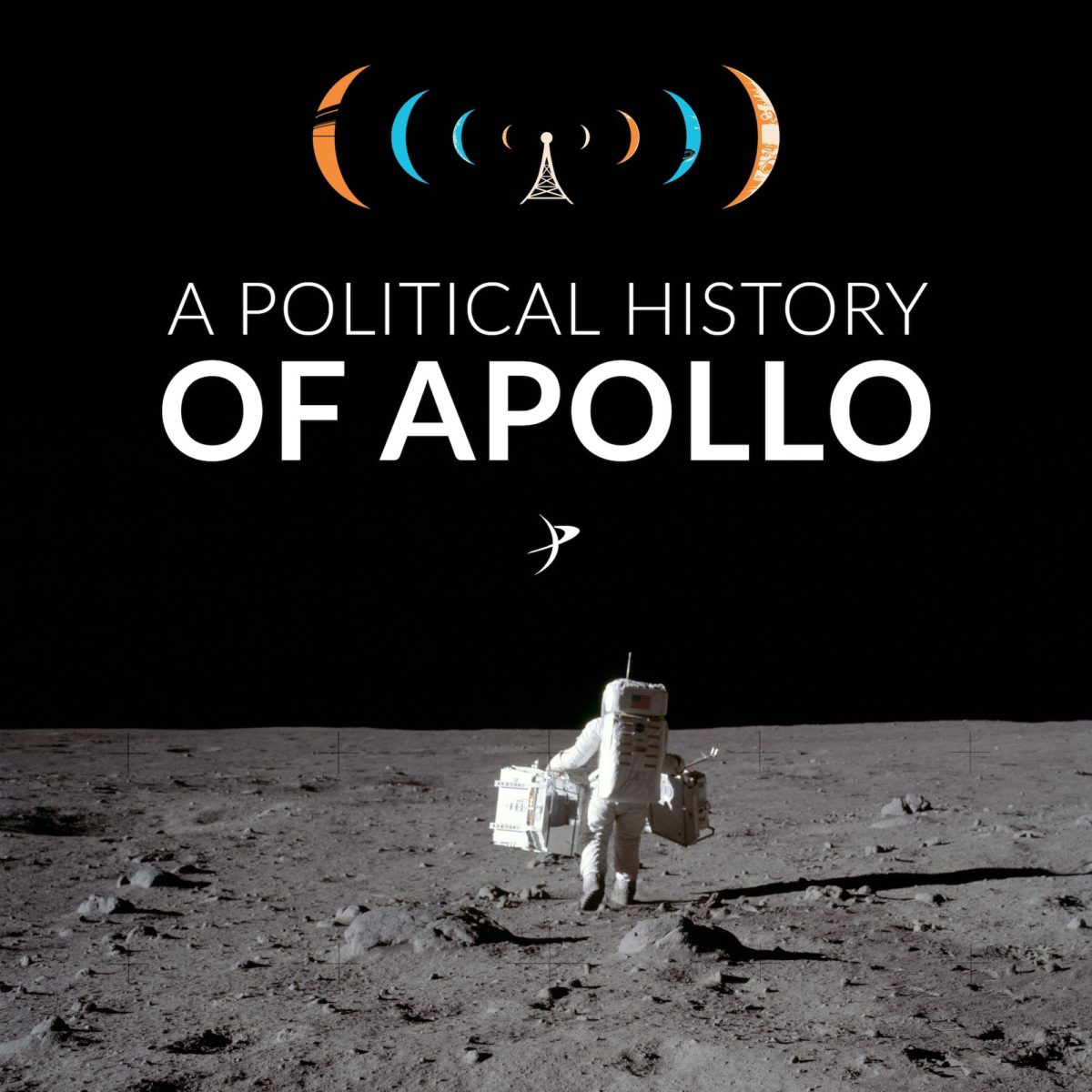Since 2002, Planetary Radio has visited with a scientist, engineer, project manager, advocate, or writer who provides a unique perspective on the quest for knowledge about our Solar System and beyond. The full show archive is available for free.
Search Planetary Radio
Astrophysicist Javier Peralta, a team member on Japan's Akatsuki mission, takes us deep into Venus's thick, fast-moving clouds.
How can a simple report—just words on a page—lead to creation of a spacecraft? We explore how a 2019 report on the need for a dedicated, space-based telescope to find threatening near-Earth asteroids motivated NASA to pursue that very mission.
Mat Kaplan talks with Sasha Sagan about For Small Creatures Such as We, and later joins Bruce Betts to offer the book in the new What’s Up space trivia contest.
The way minerals form in different Earth environments may hold the answer.
Mat Kaplan reports from the 2019 NIAC Symposium, a showcase of NASA-funded technologies hoping to revolutionize space exploration.
October 1st kicked off federal fiscal year 2020—a day that should also have kicked off a new budget for NASA. But Congress has not funded the space agency yet, instead passing a temporary stopgap measure to keep the government open until November 21st. Brendan Curry, The Planetary Society's Chief of D.C. Operations, joins the show to discuss the latest political developments in Washington, good news for planetary defense, and how the funding delay could spell trouble for the space agency's 2024 lunar goal.
Astronomer and astrophysicist Michel Mayor has just been awarded the 2019 Nobel prize for physics. Listen to Mat’s 2016 conversation with this revered scientist, the first to discover an exoplanet. The Beresheet mission’s Yoav Landsman recently visited Planetary Society HQ and spent a few minutes catching up with Mat. And Society Editorial Director Jason Davis introduces The Downlink, our weekly digest of planetary news. Bruce Betts takes us to a moon of Uranus to find the melancholy Dane.
Planetary scientist Vishnu Reddy studies space objects ranging from satellite debris to planet-killing asteroids. He shares the status of our effort to avoid the fate of the dinosaurs in a conversation with host Mat Kaplan. Did you know fruit flies were first in space? That’s just one of the random space facts you’ll absorb in this week’s What’s Up segment with Bruce.
Brad Pitt sets out across the solar system to save Earth in the new space epic. Host Mat Kaplan enjoys a far-reaching conversation with co-screenwriter of Ad Astra that touches on the film’s meaning, the mythic journey of its protagonist, its spectacular images, and where it strays from known science. Registration for the Planetary Society’s 2020 Day of Action in Washington DC is open! Chief Advocate Casey Dreier has the lowdown. You might win a beautiful, rotating MOVA Earth globe in this week’s What’s Up space trivia contest. Hey! That’s LightSail 2 floating above our pale blue dot.
The biannual Starship Congress attracts starry-eyed believers in humankind’s destiny among the stars. We talk with several of them about their ideas for technologies and science that may help pave the way. Science fiction author David Brin dropped by the Congress and spends a few fun and speculative minutes with us. The September Equinox edition of The Planetary Report is ready for all to read. Editor Emily Lakdawalla gives us a sneak peek. The Milky Way has at least 54 satellite galaxies? Who knew? Bruce Betts, that’s who.
This US research center has been part of more than 200 space missions, but it’s not a NASA facility! The Los Alamos National Laboratory in New Mexico gave the Voyager spacecraft their power sources, is building nuclear generators for future Martians, and accidentally invented the field of High Energy Astrophysics.
As NASA struggles to return humans to the Moon by 2024, it's worth asking: why did it stop in the first place? Space historian John Logsdon joins the show to discuss the politics behind the decision to abandon the Moon in 1972. Casey and Mat also discuss the proposal to offer a $2 billion prize for sending humans back to the Moon and establishing a base there, and why that's not good public policy.
First we return to JPL for an update on the Mars Helicopter that has just been attached to the belly of the 2020 Mars Rover. Then it’s across the pond for a review of the amazing science coming from the Rosetta mission that spent years exploring comet 67P/Churyumov-Gerasimenko. We wrap things up with another What’s Up view across the solar system and beyond.
Astrobotic is one of several companies that are building small, robotic landers to take commercial payloads to the surface of the Moon. With a new contract from NASA to support his company’s work, CEO John Thornton looks forward to touching down in 2021. Senior editor Emily Lakdawalla can’t wait for the Europa Clipper to reach Europa, one of Jupiter’s ocean moons. Who doesn’t want more cow bell? Chief scientist Bruce Betts gets his share as he helps us explore the current night sky in What’s Up.
Rick Davis is the perfect person to co-lead NASA’s Mars Human Landing Sites Study. No one is more devoted to putting human bootprints on the Red Planet. He returns to Planetary Radio for this inspiring and informative conversation about our progress. Bruce Betts leads off What’s Up with another brief LightSail 2 update. The Planetary Society’s solar sailing cubesat continues to raise its orbit.
Host Mat Kaplan in a long and fascinating conversation with Nicholas de Monchaux, author of Spacesuit: Fashioning Apollo. This great book is about much more than creation of the suits that allowed humans to walk and work on the Moon. Jason Davis shares pointers on looking for LightSail 2 overhead, while Bruce Betts provides a solar sail update in this week’s What’s Up. And you might win a Planetary Radio t-shirt!
Join Planetary Society CEO Bill Nye and host Mat Kaplan as they visit Oklahoma City’s outstanding public science museum. You’ll meet University of Oklahoma researchers who are exploring Mars and learning how solar systems form across the universe.
Did the public support Project Apollo? Dr. Emily Margolis joins the show to explore the domestic politics and cultural impact of the space age throughout the 1960s. Despite the success of the lunar landings, there was more opposition to Apollo than we generally remember.
It will be the first flying machine on another world. Mars Helicopter Project Manager MiMi Aung shares her plans. There’s big news about The Planetary Society’s LightSail 2!
In the final episode, producer Mat Kaplan joins Casey to reflect on the lessons and legacy of Apollo. Was it a burden on the space program or a gift for future generations? What can we take away from this single data point of humans walking on another world? And what should we be wary of?


 Explore Worlds
Explore Worlds Find Life
Find Life Defend Earth
Defend Earth


